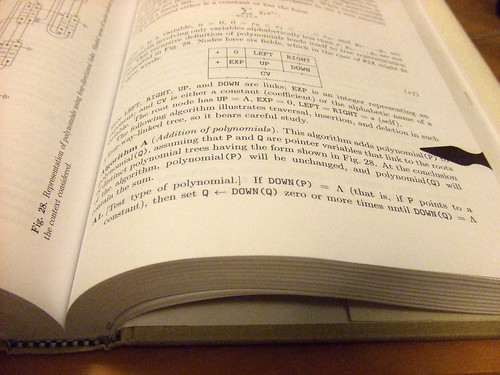Dear Dean Dad,

Your comments, as always, are most provocative. You must be enjoying yourself. As a board member of New Faculty Majority though, I have to take exception to your comment about New Faculty Majority’s advocacy of the “Vancouver model” for paying adjuncts making you worry about your hair because you “pull out what little” you have left whenever you read NFM on such subjects. Please. Whatever your notions about Canada being where it is, and not being in the United States, the published NFM position is that we advocate equity in compensation, job security, academic freedom, faculty governance, professional advancement, benefits, and access to unemployment insurance.











